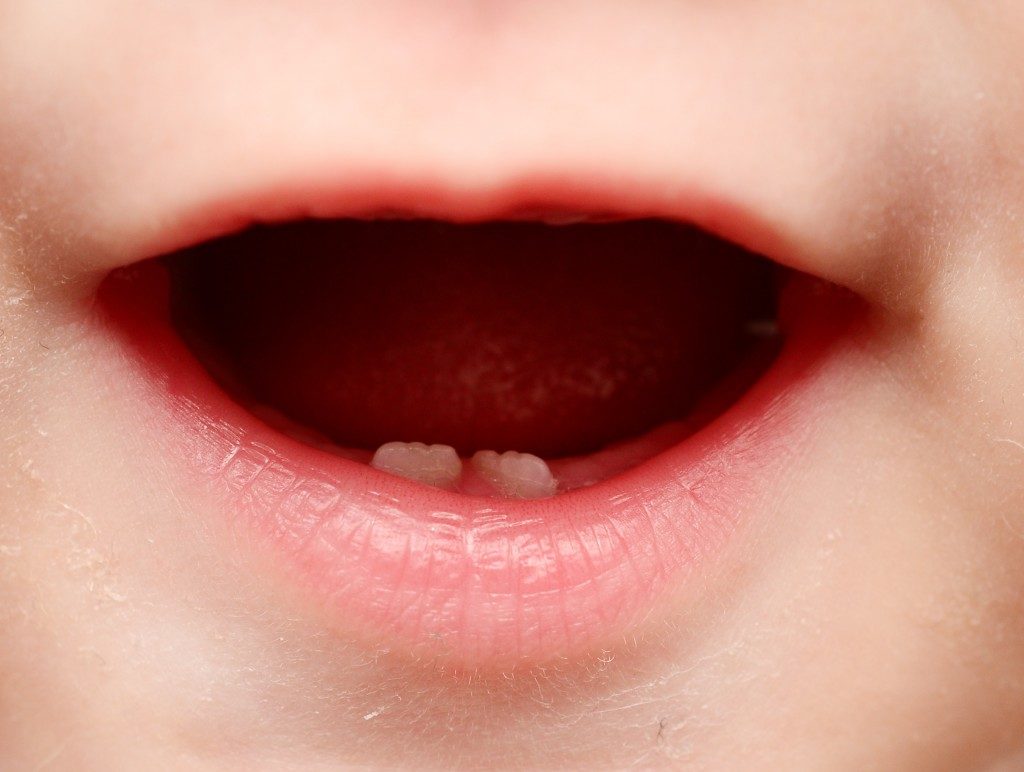The American Dental Association (ADA) says oral care begins during early childhood. The association encourages families and guardians to consult their trusted pediatric dentist as soon as the first baby tooth erupts because the child becomes susceptible to tooth decay immediately after.
Early Childhood Dental Care
The ADA suggests that a kid’s first dental visit must occur within six months of the first tooth’s appearance and not later than his or her 12th month. The association also urges parents to receive oral health education aligned with their child’s growth and development progress.
Despite the ADA’s encouragements and efforts, tooth decay is still a prevalent oral health problem among children. One out of 10 two-year-olds has at least one decayed tooth. By the time kids reach the age of three, 28 percent have one or more cavities. When children have decayed teeth, they are more likely to have unhealthy teeth as they age.
Tooth decay during infancy and the toddler ages is also called baby bottle tooth decay or early childhood caries.
Baby Bottle Tooth Decay
The dental condition develops when the sugars from drinks, such as milk, fruit juice, formula, sugar water, and other sweet drinks, accumulate in between the teeth. Sugar forms into dental plaque and attracts bad bacteria, which causes cavities.
Babies who fall asleep with unswallowed milk in their mouth, don’t drink enough water, or don’t get their mouths cleaned properly are at risk of developing caries.
Over time, decayed teeth can cause chronic pain. This will make it difficult for the infant to chew, eat, or move their mouth. Also, an abscess, or a pocket of pus surrounding the root of a tooth, can result from badly decayed teeth. This infection can spread to the mouth and the rest of the body when it isn’t treated.
Baby teeth serve as space fillers for the permanent ones. But they won’t be able to guide the adult teeth into the right positions if they’re decayed. This can potentially lead to crooked teeth alignment or overcrowding, which can cause further dental complications later on.
Good Oral Habits for Infants and Toddlers

A good oral care habit is your number one protection against tooth decay. Here are some healthy dental habits you should observe with your baby:
When your baby cries as he or she wakes up in the morning, don’t give sugary drinks immediately. Give him or her water or a pacifier first.
Don’t dip the pacifier in sweet liquids, like honey, milk, sugar, and others.
Don’t make it a habit to put your baby to sleep with a bottle of sugary drink, whether it’s milk or juice. Use a pacifier or give your baby a small amount of water instead. But know that too much water can be harmful to infants.
Whenever your baby is nursing, make sure you unlatch him or her as soon as she falls asleep.
Use a wet cloth to wipe your baby’s gums and teeth after each feeding to prevent sugar and plaque from accumulating.
Train your baby to drink from a cup after the first birthday. Use a sippy cup if it will help wean him or her off of a bottle easier, but only for this transition. Don’t prolong your toddler’s use of a sippy cup since this can also cause cavities.
Following these habits can help ensure the health of your baby’s teeth. Keep in mind that healthy baby teeth are more likely to grow into healthy adult teeth. So start developing healthy oral habits for your baby as soon as the first tooth’s emergence, as the ADA suggests.

